Canada is a vast country, the second biggest on the planet. But in terms of world population, it's only 38th. As a huge country with a relatively smaller population, there should be a lot of space left over for animals.
And there is.
After all, something like 90% of Canadians live 161 km (100 mi.) from the U.S.-Canada border. That leaves most of the country free for all things feathery and finny, scaly and slimy, fuzzy and buzzy. But sadly, according to a new report released by the World Wildlife Fund (WWF), our wildlife is not doing as well as it should be.
Even when we're trying to protect them.
Half in decline
The swift fox has lost much of its habitat over the last 40 years. (Getty Embed)
The report, called the Living Planet Report Canada, claims that 451 of 903 of studied mammal, bird, reptile, amphibian and fish species have lower numbers now than they did in 1970. The average decline rate of these 451 species? A 83% drop in numbers over those 43 years.
The overall populations of...
- mammals declined by 43%
- fish by 20%
- reptiles and amphibians by 34%
- birds were healthiest overall, declining by 7%
Endangered animals have been on our radar for some time. Back in 2002, the Canadian government started a program called SARA, or Species at Risk Act, designed to stop decline and rebuild wild populations. However, the 87 SARA-protected species in this new study have declined an average of 28% since the act was started. So far, these protections aren't working.
Why is this happening?
It's tough to blame this snapping turtle for being in a defensive posture. So far, SARA hasn't helped it enough. (Getty Embed)
So what is going on? Why aren't Canada's wild open spaces (and conservation policies) enough to support these creatures?
The study blames a variety of factors for the decline. Forestry, farming, and urban and industrial development are huge causes. These all damage the habitat these animals call home. Other important factors include pollution, climate change, invasive species (which take over native creatures habitats) and overfishing.
Why are these issues so difficult to combat?
For one, the WWF has found that it can take a long time for the government to decide how to protect a threatened or endangered species. They require a lot of information and opinion before coming up with a plan. So even though SARA was announced in 2002, many conversation plans haven't been settled until 10 years or so later. You could say that the plans haven't been in place long enough for the full effects to be seen.
Call for change
Bat populations, like those of the little brown bat, are at risk. (Getty Embed)
But even if some efforts need more time, overall it seems clear that Canada isn't yet doing enough.
"Yes, it’s true the other half of the monitored species in our study are either stable or faring well," writes WWF Canada CEO David Miller in the study, "but it isn’t time to celebrate, yet. We have to pay attention to the wildlife in trouble here at home... Wildlife loss is not someone else’s problem. It’s a Canadian problem."
Now, here's the key part, animal lovers (like us!): Don't despair!
Whether it's rebuilding habitats by planting trees, putting pressure on government to continue more green policies, and making better choices in our daily lives, we can make things better.
Only last month, on August 14, 2017, it was announced that a section of Tallurutiup Imanga, or Lancaster Sound, would become the largest marine conservation area in the country (twice the size of Nova Scotia!). That would not have been possible without decades of pressures from activists and everyday people.
For more, watch the video below or read the summary of the report here.
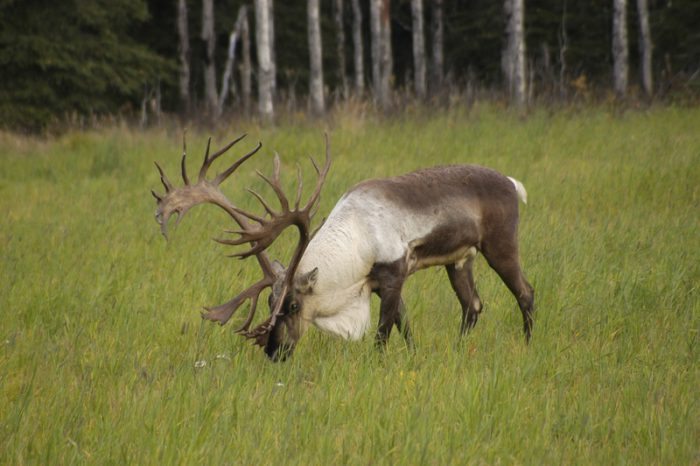 Caribou are one of many species in trouble in Canada. (© Lauren Fraser | Dreamstime)
Caribou are one of many species in trouble in Canada. (© Lauren Fraser | Dreamstime)
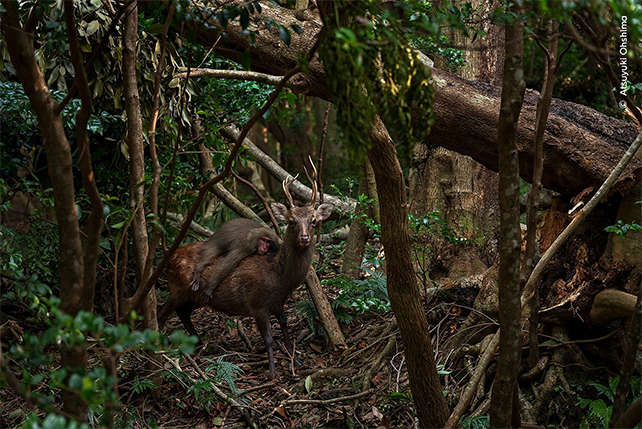

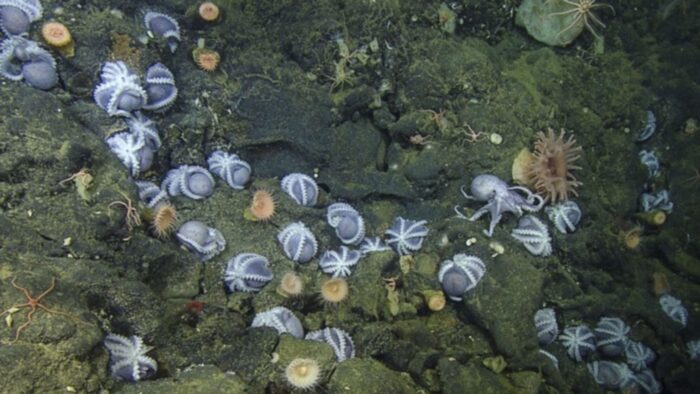
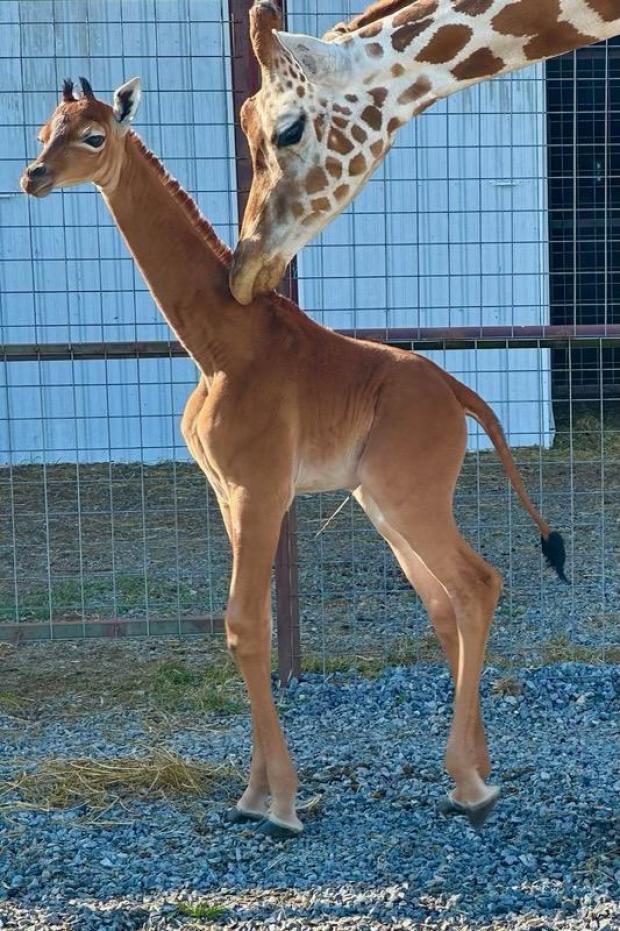
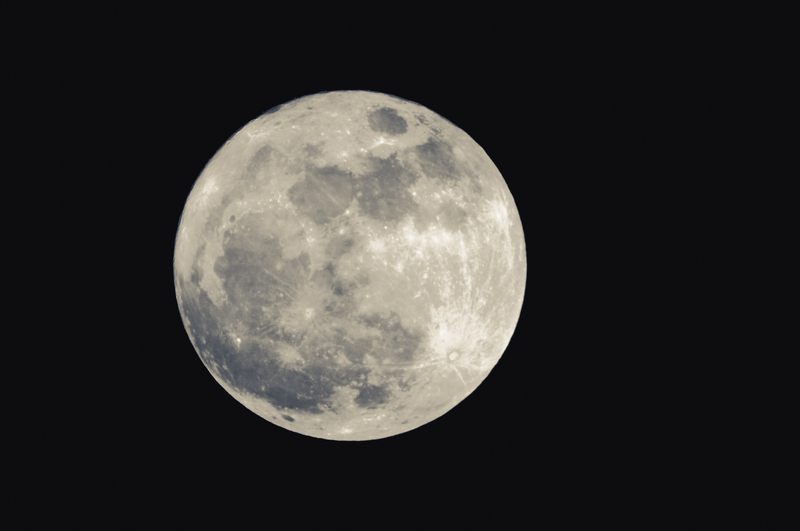
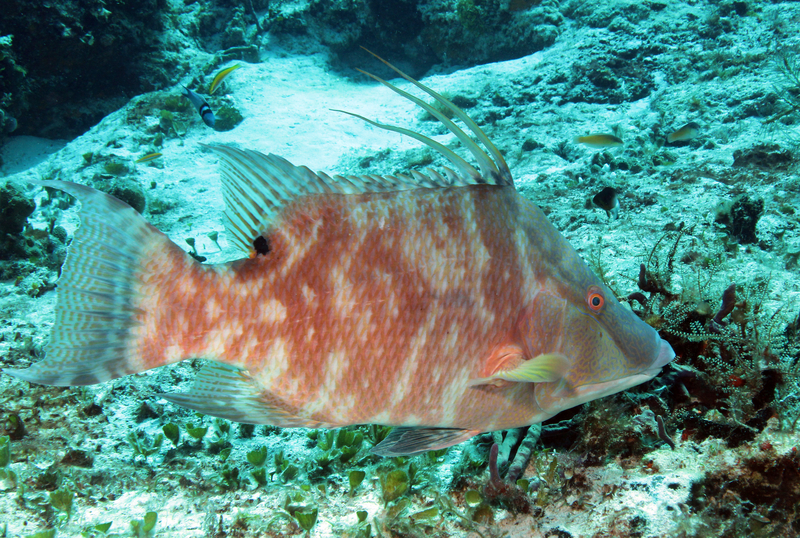

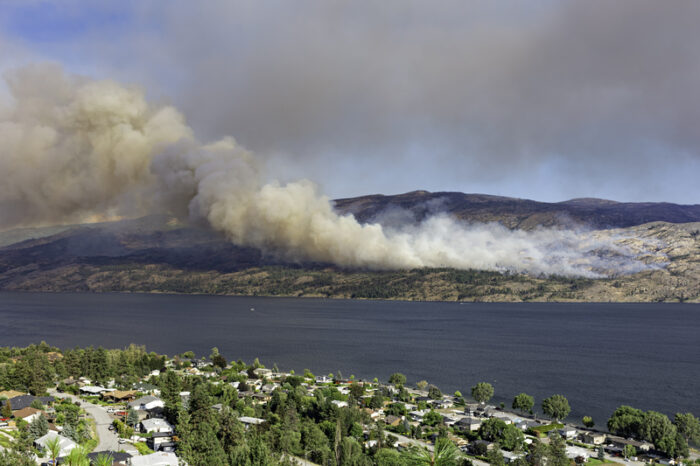
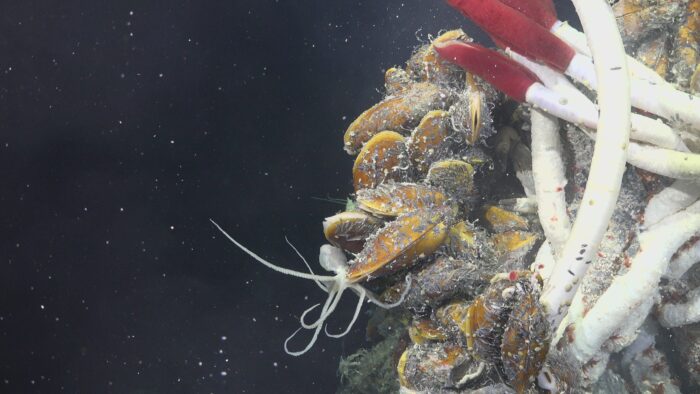
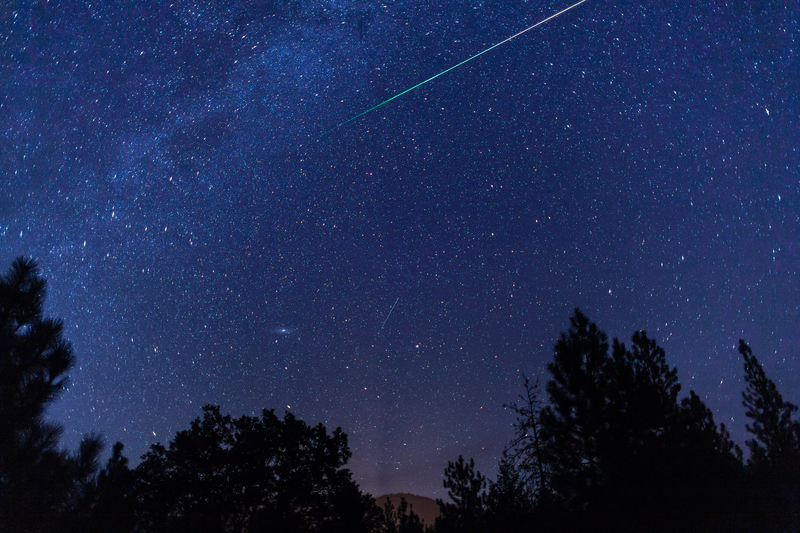
😥 😥 😥 😥 😥 😥 😥 😥